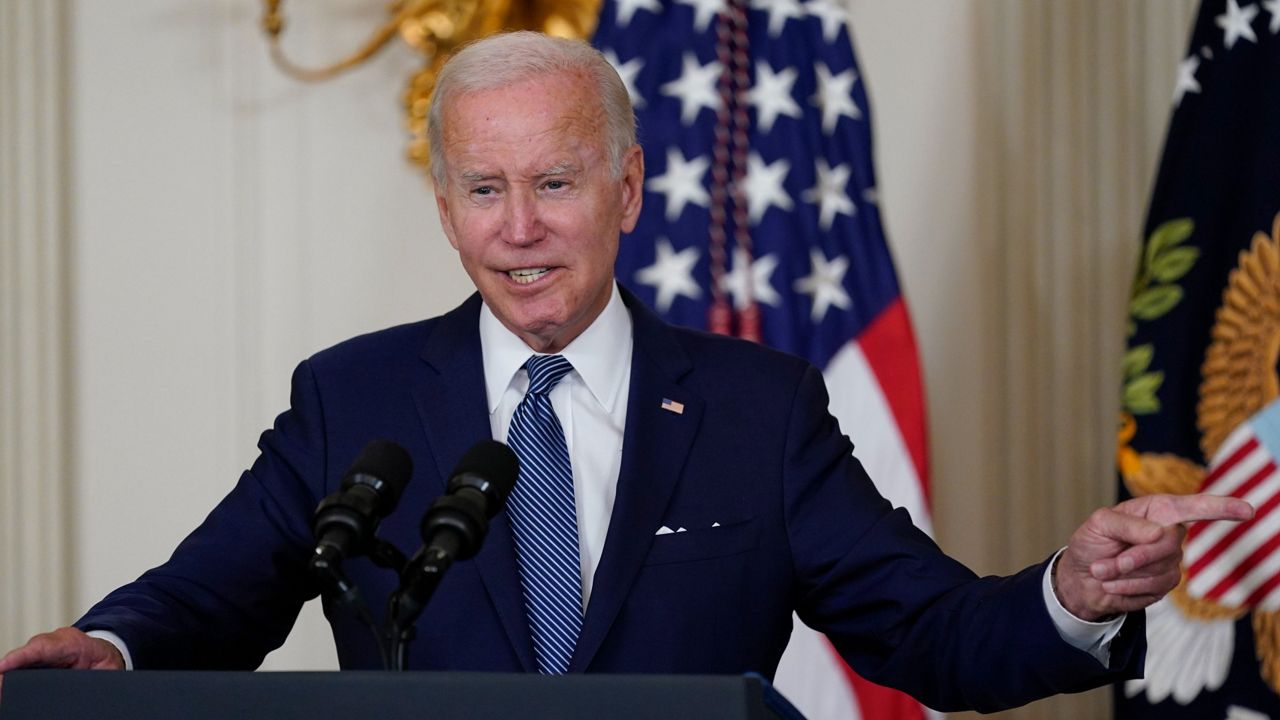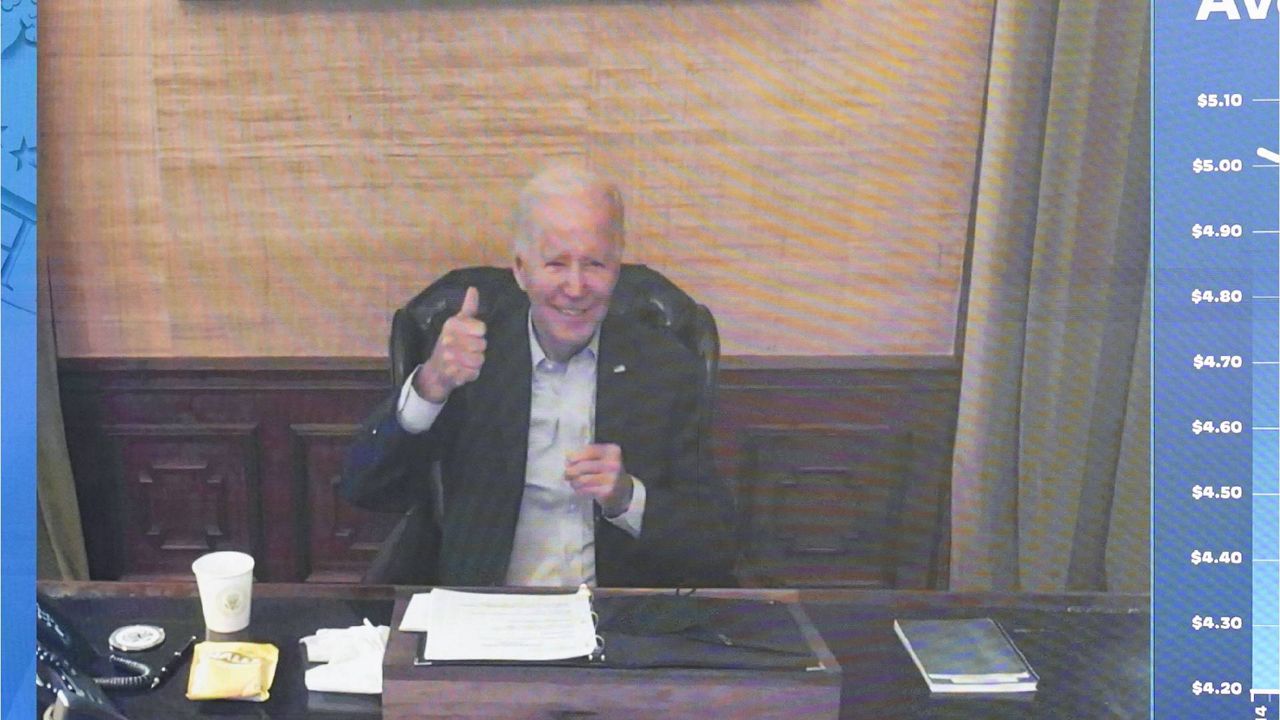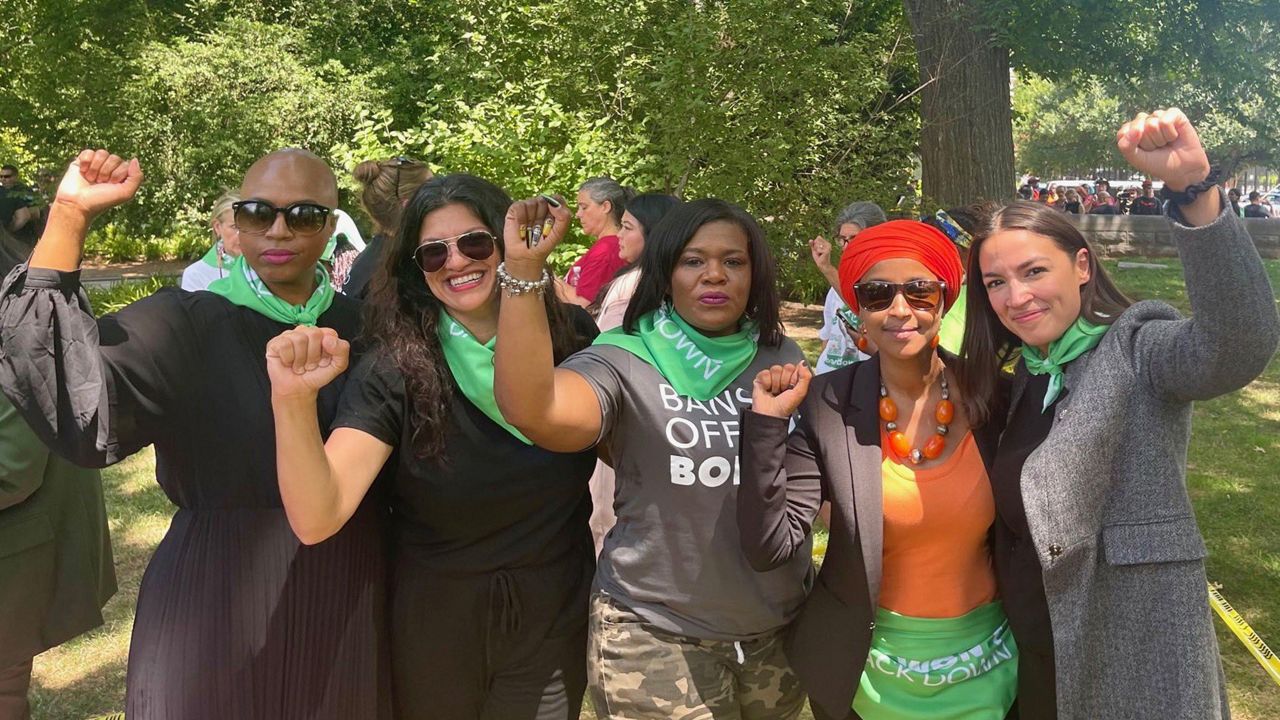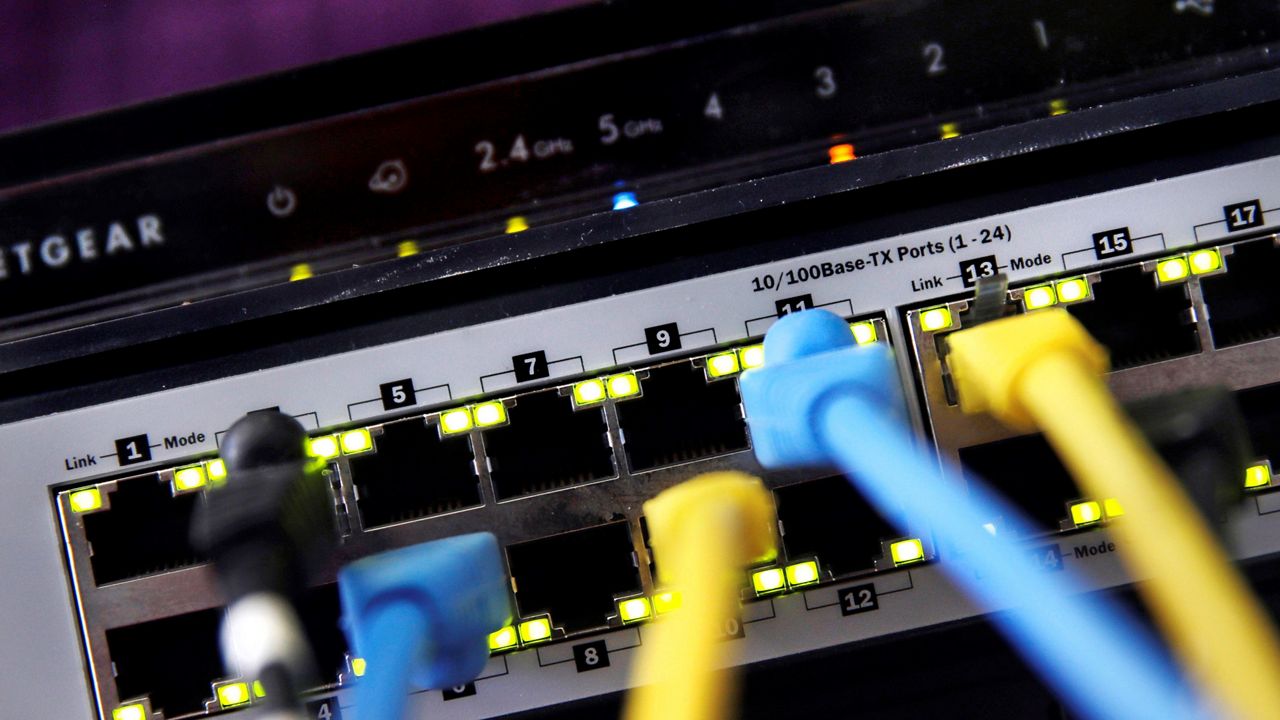For many Americans, the shock of losing a loved one to COVID-19 is followed by a scramble to pay for burial costs.
For nearly a year, the Biden administration has been reimbursing families up to $9,000 in funeral expenses for COVID victims.
In Maine, nearly $2 million has been distributed to pay for 364 funerals, yet many families are failing to apply for assistance.
Olga Rodriguez applied and received nearly $3,000 from the program. She lost her mother, Rosa, to COVID-19 in the first weeks of the pandemic.
A year later, the government launched a program reimbursing families to help cover the funeral costs of COVID victims.
“It came at the perfect time because we were behind in my rent when my mom passed," Rodriguez said.
Rodriguez was more than $2,000 in debt after paying for her mother's cremation. She said she got her reimbursement check within two months of submitting her application.
Rodriguez is one of nearly 250,000 people who have been paid more than $1.6 billion under the program as of Jan. 3.
“I paid off my friend that I owe and then with the rest, I wanted to get my mom a headstone," Rodriguez said.
The Federal Emergency Management Agency runs the program, which, according to the latest data from the agency, has paid for 226,000 funerals. More than 800,000 Americans have died from COVID, which means hundreds of thousands of eligible families have not applied for the assistance.
In Maine, only 36% of eligible families have sought reimbursement, which is provided after the necessary documentation is submitted.
“As long as you have a death certificate that says specifically COVID-19 is a contributing cause of death, then you're eligible for the program," said Walker Posey, spokesperson for the National Funeral Directors Association.
One problem may be that FEMA’s website has no direct link to the program on its homepage.
Meantime, funeral homes continue to make families aware they can get their funeral costs covered. Eligible expenses include payments for funeral and clergy services, cremation, interment, caskets, urns, cemetery plots and headstones.
“Many times people are not aware that that the FEMA program exists, and so without us being a vocal advocate for that, oftentimes these funds would go unused," said Posey.
FEMA says it's made extensive efforts to increase awareness of the program, including the distribution of material in 29 languages which can be found on a special webpage dedicated to the program.
People can also call FEMA's toll free hotline for the program at 1-844-684-6333 to get more information. FEMA provides multilingual services through the toll-free number.









